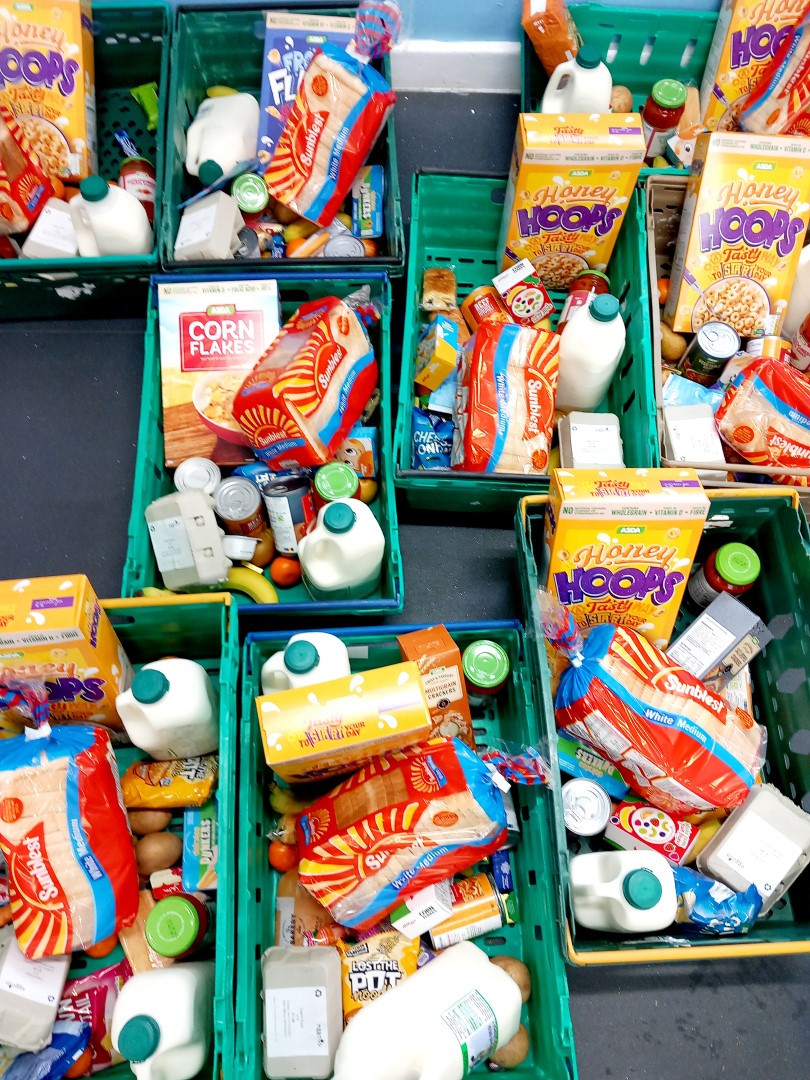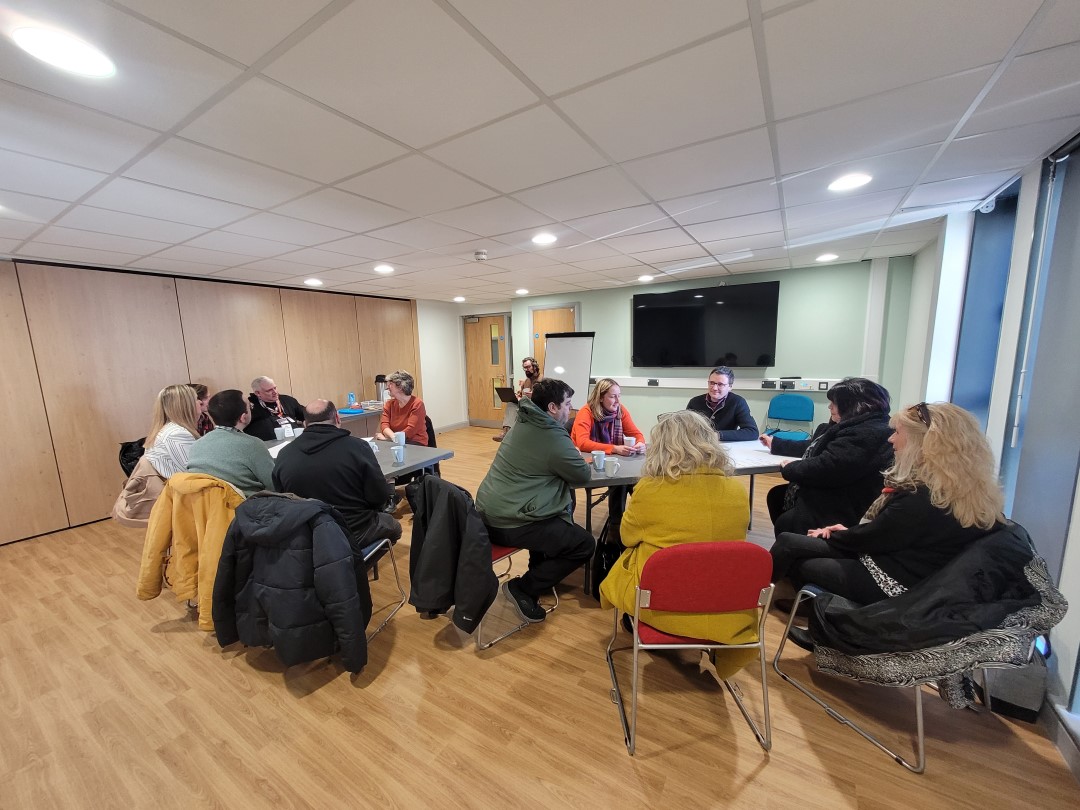Westminster Foundation Food Grants 2023-4
In spring 2023, Lancaster District CVS was awarded £50,000 from the Westminster Foundation to support community organisations working with children and young people and their families facing difficulties with buying and preparing food.


The Westminster Foundation is an independent grant making trust and registered charity, representing the charitable interests of the Duke of Westminster and Grosvenor businesses. They provide long-term sustainable help to vulnerable young people by working closely with organisations supporting families, schools and local communities. Guided by local and national experts, the Foundation’s aim is to work right to the core of systemic issues before they take hold, trying to break the cycle of intergenerational inequality in urban and rural areas.
Food Grants
Using this funding, CVS offered direct grants to front line groups, covering the costs associated with offering free food support such as buying in food and associated materials. Grants were made in two tranches – the first before the school summer holidays, and the second at the beginning of winter. This helped address immediate food insecurity that young people and their families face, and improved their access to other wrap-around emotional and mental health support the groups provide.
Grants of up to £2,000 supported more than two dozen community centres, schools, and voluntary groups across the Lancaster district. Organisations were allowed to choose how best to use the funding as long as it was spent on food – some decided to run open sessions which anybody could come along to, others supported targeted groups or took referrals.
Generally, organisations which received a grant chose to use it for activities which can be grouped into four broad headings:
- Food clubs or banks: providing food parcels to be taken away or vouchers to be used in a specific supermarket.
- A meal at their premises: using their own building to provide a (usually hot) meal, which may also have been part of a cooking/food preparation activity.
- A meal somewhere else: a hot or cold meal which was consumed somewhere else than the organisation’s premises, either as a take-home meal or a group treat.
- Activity with food: funding helped the organisation provide food before or after another activity.
Networking Session
LDCVS recently organised two networking sessions for participating organisations, where they shared information about how they had used their grants. We also discussed the benefits of receiving funding, opportunities for future work, and some of the challenges groups face around supporting children, young people and families facing food insecurity.
Use the menu below to read about what some of the groups used their grants to achieve.


Run by the Salvation Army Housing Association, the Foyer provides accommodation and support for young people aged 16-24. Wendy from Morecambe Foyer explained that their grant came at a really useful time, as they were trying to build a community within young people living in their flats. The grant helped them all to come together through learning about cooking and managing on a budget, and eating as a group including on special occasions such as Christmas Day and New Year’s Day. Supermarket vouchers were also made available to help the individuals eat within their own flats.
Steven told us how, thanks to the grant, the club was able to provide food at all the activities it provided over the summer and Christmas holidays. This supplemented funding from elsewhere meaning that more, and more nutritious food, could be provided. It also meant that additional cooking sessions could be held, helping the young people to learn new skills.
OITB support the LGBTQI community in Morecambe and Lancaster through a variety of support groups and the No Labelz housing association which provides accommodation to young people at risk of homelessness. Robert told us how the grant funded a daily breakfast club for their service users and other referred individuals, which helped engage them in additional activities and advice such as cooking classes and energy advice workshops.
West End Impact is a charity managed by Christians from Morecambe Community Church & other local Churches, which helps people in need by giving advice and direct support. Michael explained that due to the cost-of-living crisis, demand for their help had increased while direct donations have collapsed. The grant has enabled WEI to continue to offer their food bank, hot meals and takeaway lunch service to families with children and 18- to 25-year-olds in need.
Keeley told us that she had asked the young people involved with SAFE what would be most helpful to them. They really wanted breakfast and lunch packs with things that could be easily made at home across the week, cooking sessions, and workshops helping with budgeting and batch cooking. The grant made sure that this could all be provided, alongside shopping vouchers for use over the Christmas period.
Emma explained that by using the grant the school were able to expand and subsidise their breakfast and after-school provision. This means that children could receive food and care, and their parents were able to work. She explained that they are exploring other ways to support families including funding for Eggcup membership, and parent sessions for cooking on a budget.
LYC support young people to build their confidence and resilience through a wide variety of programmes including outdoor expeditions. Guy explained that the grant made it possible to offer hot meals at every weekly session of their three-month life skills and emotional wellbeing programme, Time to Breathe. All of the food was prepared and eaten together. In addition, 30 families were supported with food parcels over Christmas.
Liz explained that the grant helped the school to take positive action for children and families who face food insecurity. This included doubling up on school dinners so that children had one to take home in the evening, and putting on an afternoon tea with Santa for whole families before the Christmas break. In addition, the grant helped to subsidise the school breakfast programme.
Bev explained how the College has worked hard to support struggling students referred in from their team of pastoral mentors. While overnight food bags, pre-loved clothing and a warm hub have long been part of the offer, the grant meant that they could provide additional flexible support to those who needed it by issuing Aldi gift cards. These are particularly beneficial as they remove the stigma of being seen to need support.
Escape2Make run a huge variety of workshops and short courses aimed at helping young people make things, make friends, and make a difference in the community. Saul explained that the grant made it possible to provide a hot meal to every single young person taking part in 53 workshops culminating in 2023’s Heritage Market Festival.
East Meets West brings together women with different cultural backgrounds to celebrate friendship through events and social gatherings. The grant enabled weekly meetings for women and pre-school children where one person is supported for cook for the others, which scales up to whole families getting together in the school holidays.
At Stanleys, Robyn focused on providing takeaway breakfast packs and food for young people to eat after school, alongside hot evening meals. Stanleys support several homeless young people and families who are in temporary accommodation and have no cooking facilities.
Andrew explained that the grant was used to feed young people during Skerton Community Centre’s annual summer residential, at a weekly youth group to provide a meal at the start of every session, and to support crisis supply of food to children in need.
Global Link is a development education centre which supports refugees and asylum seekers in the district. Gisela explained that the refugee families she works with were supported using the grant, which Global Link spent on food and vouchers.
Emma told us about how the hall the Brownies and Rainbows meet in is really cold. The grant enabled them to provide hot food at meetings which encouraged children who had otherwise not eaten to come along. The girls also received hot meals at their sleepover, and the Rainbows practiced their motor and cooking skills by making foods like pasta sauce.
During the sessions, participants also helped us to identify the benefits, challenges and opportunities related to work carried out with these grants.
Benefits
- The grant programme didn’t mandate specific activity so organisations could use it as they thought best, as long as it was related to making sure people had food.
- Organisations felt trusted to do what was right for their community.
- Grants took the pressure off organisations which know the benefit of providing food support and struggle to find ways to provide it.
- Food encourages engagement and participation, because people turn up for it.
- Breakfast provision sets people up for the day and is a valuable service.
- The relationship building that goes on around cooking and eating can be central to developing social skills, promoting community cohesion.
- Food promotes self-expression as well as emotional and physical health.
- The grants provided an opportunity to teach people how they can cook and make the most of the food provided, leading to sustainable change.
- Teaching people how to plan meals is a life skill and strongly linked to learning how to budget and mange money.
- Participants get the chance to try new foods.
- Activities delivered using these grants can be the only opportunity some people have to use cooking facilities.
Challenges
- Identifying and reaching everyone in the community who needs support is always tough.
- Collecting all the information needed to report back about activities can be challenging.
- Appropriate equipment and skills to prepare food are needed in community buildings as well as the food itself.
- Some people need further support to become empowered and use what they’ve learned sustainably in their own lives.
- Food insecurity doesn’t just happen in the holidays or over the winter, although it can be more acute then, so support is needed year-round.
- Toiletries, school uniforms and shoes are needed alongside food support but finding funding for these can be difficult.
- Younger children are hard to reach because they are unable to cook or find support in the community by themselves.
- Buying food in bulk and on a budget can make it difficult for community groups to cater for all dietary requirements.
- Providing vouchers is effective but can be worrying as supermarkets sell more than food.
Opportunities
- Groups would really like to find ways to work together on projects like this in order to improve collaboration and serve communities better.
- Some organisations felt that they were spending a lot at big chains and would like to explore how local producers and providers could be used.
